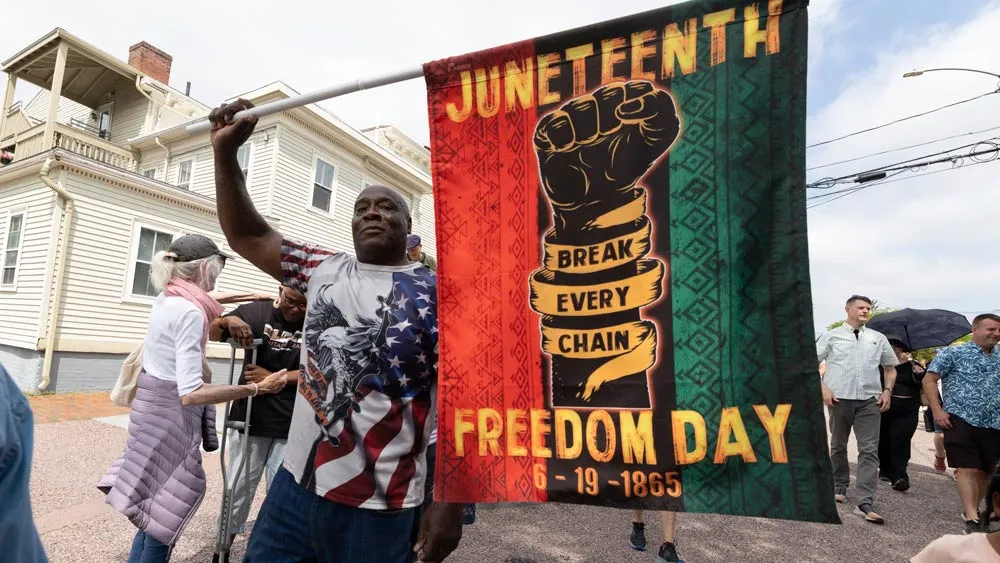May 13, 2021
2021 Sets Record for Anti-LGBTQ Laws
Kilian Melloy READ TIME: 2 MIN.
Equality advocates have taken note of the record-shattering number of anti-LGBTQ laws that have already been passed this year – and the situation is poised to worsen.
The Human Rights Campaign issued a press release stating that the previous record – 15 anti-LGBTQ laws in 2015 – was surpassed as of May 7, "as the seventeenth anti-LGBTQ bill was enacted into law."
"In addition, 11 anti-LGBTQ bills are on governors' desks ... and several more are continuing to move through state legislatures across the country."
Reuters summarized the plethora of bills, reporting that "seven of the laws restrict trans children from competing in sports, while others ban medical care for trans youth and allow parents to opt their children out of LGBT+-related subjects in school."
Additionally, according to the HRC, "More than 250 LGBT+ rights-related bills have been introduced by state legislatures this year."
GOP lawmakers are passing the measures, most of which focus on transgender people, in spite of recent polls that show a majority of Americans disagree.
One poll, conducted by PBS NewsHour, NPR, and Marist, found that "two-thirds of Americans are against laws that would limit transgender rights."
In an article published on The Conversation, Alison Gash, an associate professor of political science at the University of Oregon, characterized the wave of anti-trans legislation as the "latest version of conservatives' longtime strategy to rally their base."
Referencing how proponents of the laws have said they seek to "protect" student-athletes and minors, Gash wrote: "I have found that campaigns that mischaracterize LGBTQIA-supportive policies as harmful to young people are a staple strategy conservatives use to galvanize their base."
However, Gash added, "There is little empirical evidence to back up these assertions," pointing out that puberty blockers – an option for trans children that Republicans have targeted – "are an increasingly common treatment precisely because they provide a reversible and less invasive option for transgender adolescents."
As for campaigns targeting transgender athletes and raising the alarm about "protecting" women's sports, Gash wrote, "Many of the states considering the legislation have no known transfemale athletes or have transfemale athletes who are performing on par with cisfemale teammates."
Even so, the wave of anti-LGTBQ laws has yet to prompt sufficient backlash that lawmakers are likely to stop pursuing them. The Associated Press reported last month that, so far, "little in the way of tangible repercussions" have resulted from the passage of laws aimed at transgender Americans.
That might change. The AP quoted Rodrigo Heng-Lehtinen, the deputy executive director of the National Center for Transgender Equality, who said mainstream America simply hasn't caught up yet.
"A lot of Americans are still getting to know trans people and they're learning about these issues for the first time," said Heng-Lehtinen. "Over time, they get to know their trans neighbors, they get outraged by these bans, and corporations respond."
Kilian Melloy serves as EDGE Media Network's Associate Arts Editor and Staff Contributor. His professional memberships include the National Lesbian & Gay Journalists Association, the Boston Online Film Critics Association, The Gay and Lesbian Entertainment Critics Association, and the Boston Theater Critics Association's Elliot Norton Awards Committee.


